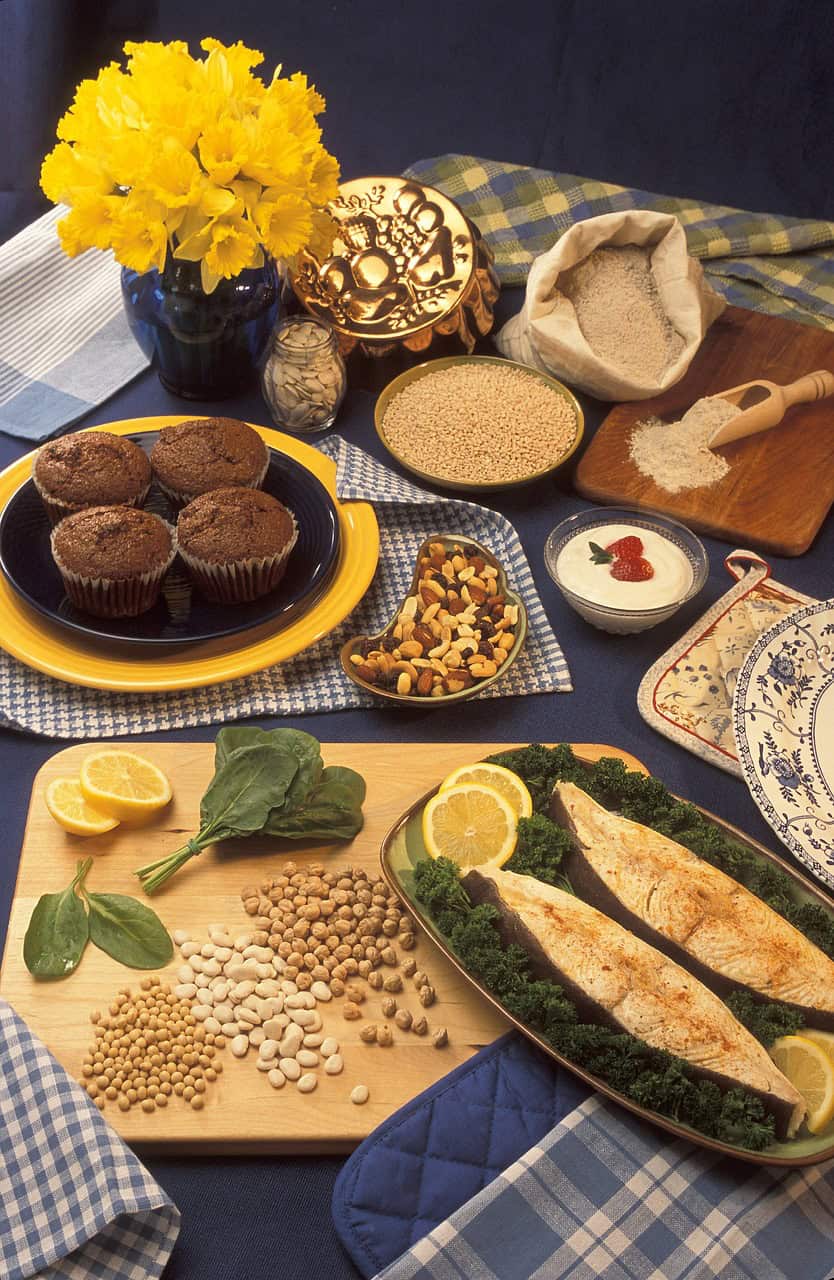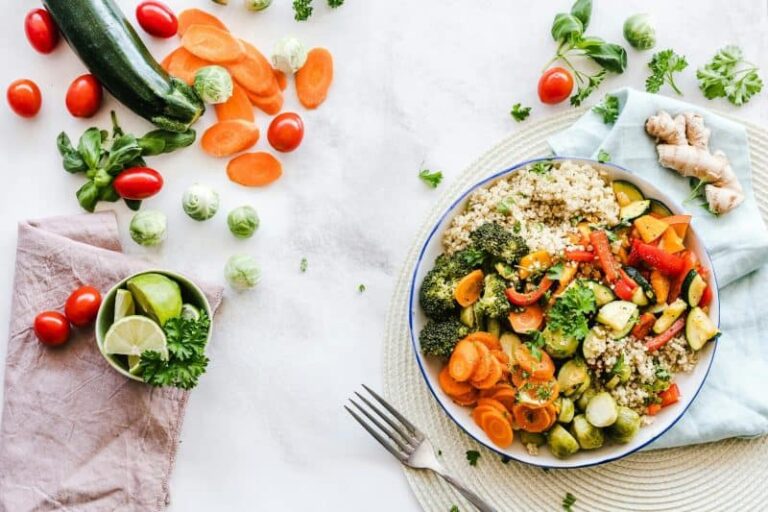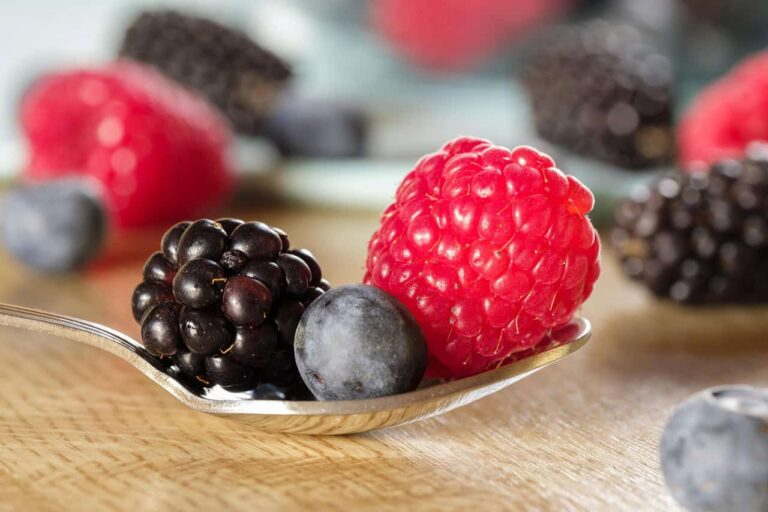7 Plant-Based Magnesium Foods You Should Eat More Of
If you’re plant-based and currently Googling “Why am I getting muscle cramps at 3 a.m.?”, let’s talk. No, it’s not because the universe hates you—it might just be that you’re low on magnesium.
This essential nutrient doesn’t beg for attention, but when it’s missing, you’ll know. Fatigue, irritability, twitchy muscles… sound familiar? And yes, those charming middle-of-the-night charley horses are often its calling card.
The good news? You don’t have to start popping supplements like candy. This mineral is hiding in all sorts of plant-based foods—the kind that actually taste good, not just the ones you choke down “for your health.”
Why Magnesium Is Basically Your Body’s Quiet Overachiever
Let’s give this powerhouse its moment. Magnesium works behind the scenes on:
-
Energy production – so you can get through the day without a triple espresso.
-
Muscle function – including stopping cramps before they hijack your sleep.
-
Heart health – keeps things beating without unnecessary drama.
-
Bone support – because brittle isn’t a good look at any age.
For anyone following a plant-based lifestyle, this nutrient is crucial. Sure, plenty of whole foods contain it, but if you’re living on pasta, oat milk lattes, and the occasional sad salad, you’re probably not getting enough.
7 Plant-Based Foods That Boost this Mineral
1. Pumpkin Seeds (1 oz = 156 mg)
These little green gems are the valedictorians of the plant-based mineral world. Snack on them, throw them in granola, or sprinkle them over soup like the overachiever you are.
Pro Tip: Toss with olive oil and smoked paprika, then roast. They’ll make your roasted veggies taste like you actually tried.
2. Chia Seeds (1 oz = 111 mg)
Yes, the same seeds you used to grow on clay animals in the 90s. Turns out, they’re loaded with this plant-based powerhouse along with omega-3s.
Pro Tip: Make a cranberry chia jam for your morning toast—it’s sweet, tart, and will make you feel like a domestic goddess.
3. Spinach, Cooked (1 cup = 156 mg)
Raw spinach is fine, but cooked spinach is where the magic happens. Heat unlocks more minerals, giving you a serious nutrient boost.
Pro Tip: Stir into creamy curry for color, texture, and the illusion of balance when you’re eating it with naan.
4. Almonds (1.5 oz = 120 mg)
A plant-based snacking staple. They travel well, keep you full, and pack a healthy dose of this muscle-loving nutrient.
Pro Tip: Toast with paprika or rosemary and pretend you’re running a tapas bar.
5. Soy Milk (1 cup = 61 mg)
Stop thinking of it as just a coffee creamer. Fortified soy milk is a legit plant-based source of this vital mineral, plus protein and calcium.
Pro Tip: Warm it with chai spices for a drink that feels like a hug.
6. Black Beans (1/2 cup = 60 mg)
Every plant-based kitchen needs black beans. They’re cheap, filling, and deliver a solid boost of this nutrient in every bite.
Pro Tip: Make a black bean and sweet potato chili that doubles as lunch for the week.
7. Dark Chocolate (1 oz = 64 mg)
Yes, dessert made the list. Go for 70% cacao or higher if you want the real benefits (and fewer sugar crashes).
Pro Tip: Melt for fondue and dip plant-based nutrient-rich banana slices. You’re welcome.
How to Get More of This Nutrient Without Trying
-
Double up: Build meals with two or more plant-based nutrient-dense foods—spinach salad with almonds and pumpkin seeds is a no-brainer.
-
Stock smart snacks: Keep roasted seeds, nuts, or dark chocolate where you can see them.
-
Be realistic: Fresh is great, but canned beans count. You don’t get extra points for making life harder.
Final Bite: Magnesium and Your Plant-Based Life
Look, this mineral isn’t some wellness trend—it’s a workhorse your body needs. If you’re living this life, then you already know the importance of being intentional with nutrients, and this one’s too important to leave to chance.
You don’t need expensive powders or mystery pills. You just need the right plant-based foods, eaten often enough to make a difference. Whether it’s pumpkin seeds on your soup, chia in your breakfast, or a strategic square of dark chocolate after dinner, every bite is a quiet step toward better energy, fewer cramps, and a healthier heart.
So stock your pantry, get creative, and remember—flavor is not optional.







